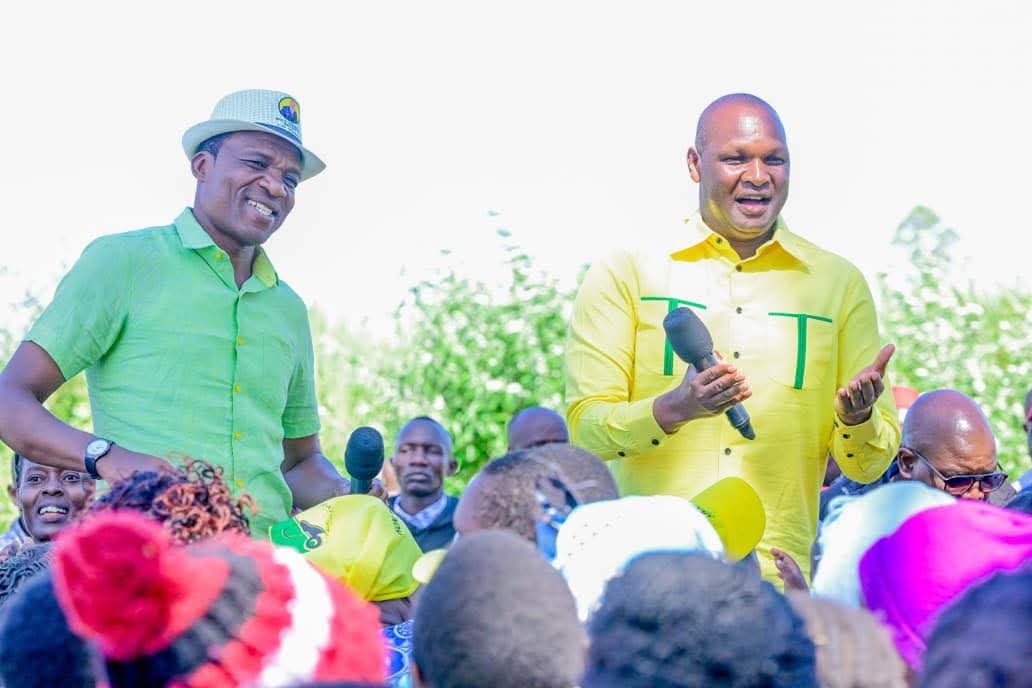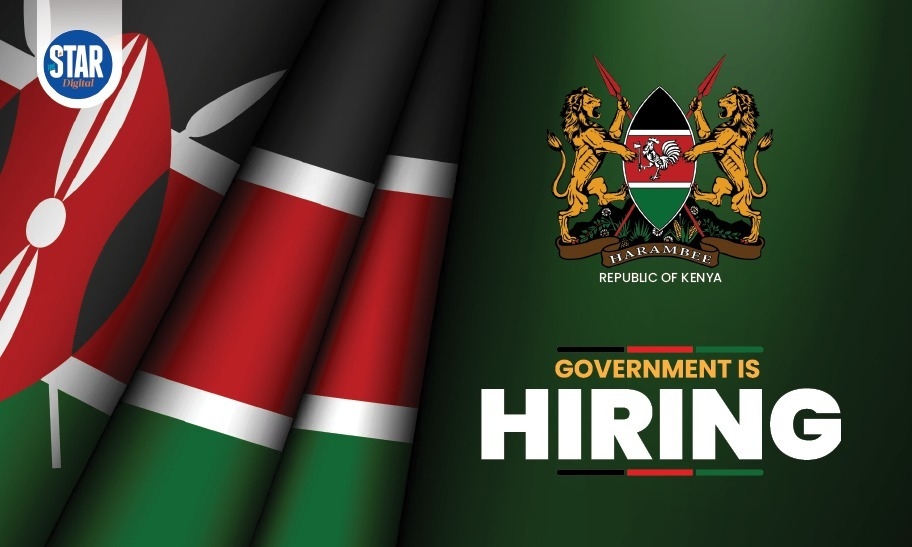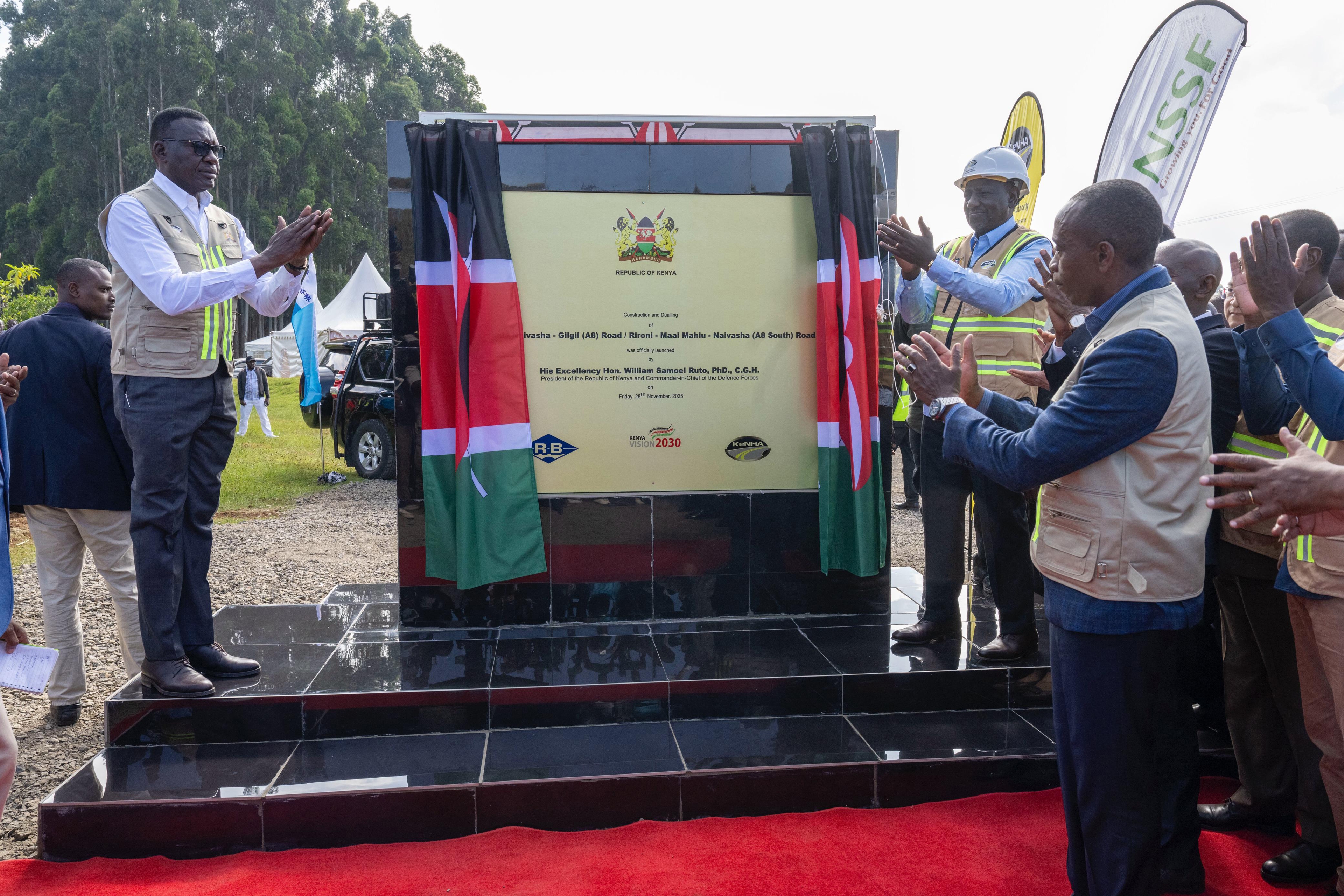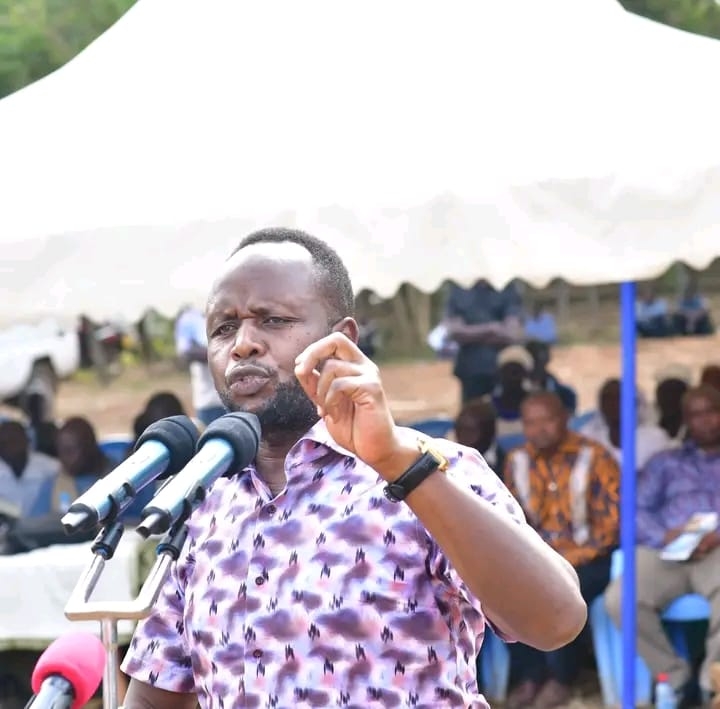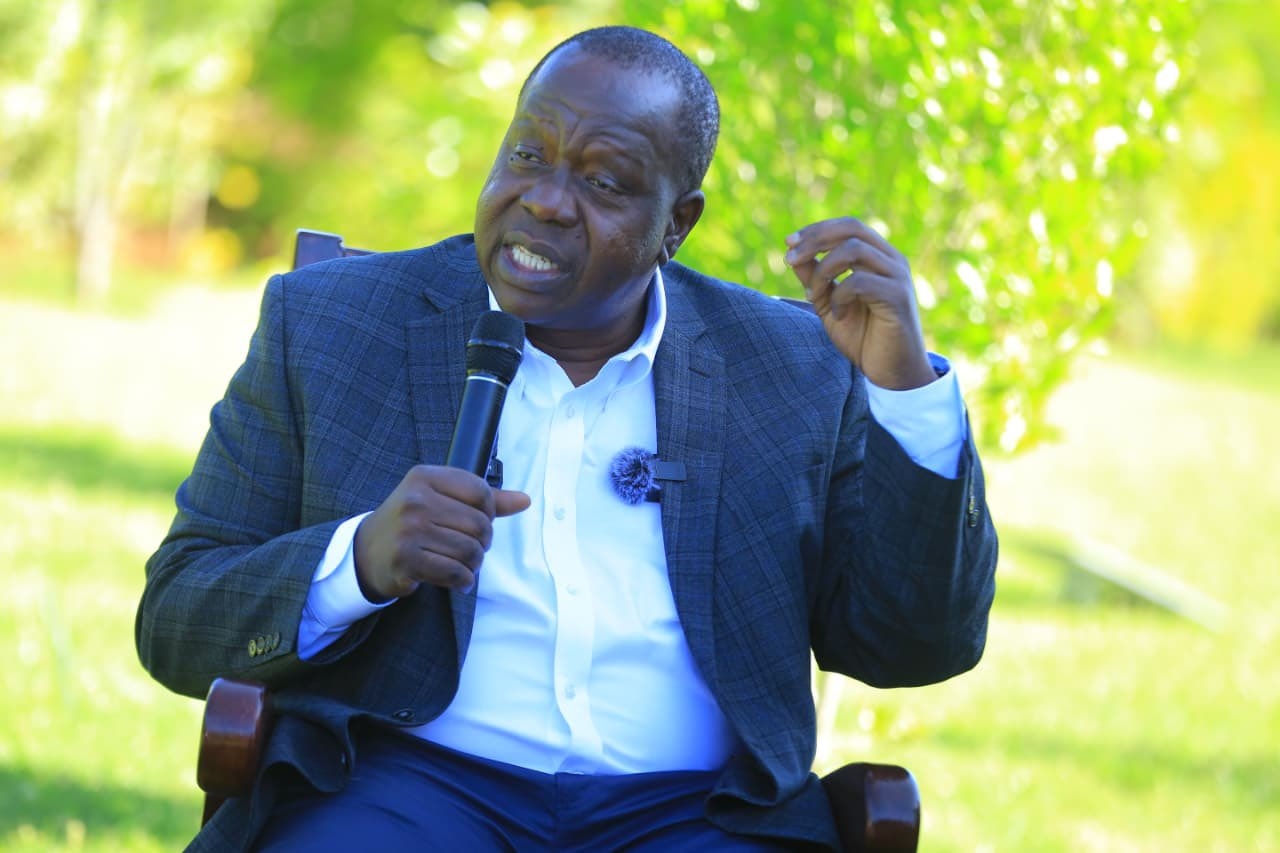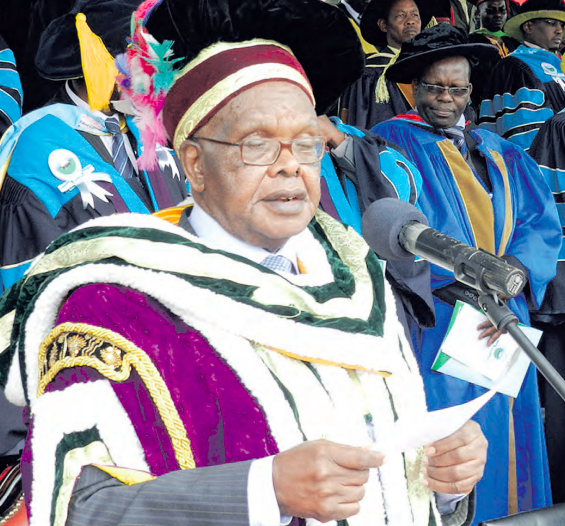 Former Moi University chancellor Prof Bethwell Ogot during a graduation ceremony at Kabianga University in Kericho county on December 2, 2011 /FILE
Former Moi University chancellor Prof Bethwell Ogot during a graduation ceremony at Kabianga University in Kericho county on December 2, 2011 /FILE
With the passing of Professor Bethwell Allan Ogot, Kenya has lost an intellectual giant—the greatest scholar of Kenyan history in our time.
He was also a towering figure in the global community of African historians: one of their pioneers, among the first to show the value of African scholarship, not least in his critical use of oral history to open up previously unexplored territories of the past.
Distortion of history
Ogot was a man of moral and political courage, a patriot. Throughout his life, he argued that Kenya’s history had been distorted and its ethnic identities manipulated—first by the British and then by independent Kenya’s politicians.
His courage lay in arguing, with evidence, that a more complicated history of Kenya’s nationalism, its diverse heroes and struggles, was more unifying, more national, more truthful, than the conventional single-stranded story of the fight for freedom.
This heroic single-stranded story rested on a distorted history, the root of many of Kenya’s present challenges.
Bethwell was not alone in his dismay at how Kenya had fared since independence. In his contribution to a book we helped to edit, Ethnic Diversity and Economic Instability in Africa: Interdisciplinary Perspectives (Cambridge University Press, 2012), he wrote:
“At independence, political leaders promised material and political progress; they have delivered little more than crushing poverty and repression. . . Independent Kenya’s history has been characterized by poor governance, corruption, poverty, inequality, impunity, and now chronic ethnic balkanization. Ethnic citizenship is still more powerful and more engulfing than national citizenship.”
To some this will be too negative an assessment. Truth thrives on
reasoned argument. So, we believe that most Kenyans would accept that while
history cannot be undone, a critical look at a past may help to identify the
origins of today’s challenges and so chart a path toward a better future.
Roots of ethnicity-based politics
Ogot longed for the moral ethnicity of pre-colonial days: “In the territory that became Kenya, there were no pure ethnic groups. Each was a dynamic and living unit whose continuity depended less on its purity or a single origin than on its ability to accommodate and assimilate diverse elements and ideas.”
How had Kenya lost this dynamic and tolerant interconnectedness? In Ogot’s view the British forcibly replaced pre-colonial ethnicities with “imagined, inward-looking, self-regenerating, and exclusive units”—tribes—constructed for administrative convenience. Many tribes were confined to a single district, their ethnic enclave.
Africans were prohibited from owning land or engaging in political activity across tribal boundaries. Ethnic-based politics was born in these separations.
Ethnic antagonism politicised and the culture of impunity
By retaining much of the colonial administrative apparatus, so Ogot argued, post-colonial governments entrenched competitive ethnic politics.
He wrote “ethnic barons continue to dismember Kenya, perpetuate disunity, and exploit their client masses.” Baronial patronage fosters ethnic solidarities; national citizenship suffers and, with it, a rationally argued democracy,
Political leaders around the world habitually divert public resources to benefit their closest constituents. Independent Kenya’s first leaders, Jomo Kenyatta and Daniel arap Moi, took this common practice to the extreme. They enriched themselves and their ethnic followers while depriving other communities of development projects and public services.
Ogot’s critique was unsparing: this culture of “my turn to eat” enabled a small political elite to enrich themselves while impoverishing the vast majority and exacerbated both inter- and intra-ethnic inequalities.
Over time, ethnic antagonism sharpened; positive precolonial moral ethnicity degenerated into negative “political ethnicity”. Inter-ethnic conflict became more frequent, creating the conditions for violent confrontation.
The “ethnic wars” of the late 1990s and the post-election violence of 2007-08 followed. Killers and rapists were judged ethnic heroes, not brought to justice. A culture of impunity took root.
Ogot concluded: “A history of impunity means Kenya lacks the political will to reconcile citizens, dispense justice, and build a democratic and prosperous future.” To end impunity one had to confront historical injustice. The recent wave of abductions suggests Kenya has yet to do so.
Towards a Kenya where all citizens belong
How can Kenyans create a prosperous and peaceful nation of equal citizens?
Ogot saw hope in the national message conveyed in the new constitution of 2010. The constitution offered “a vision of the development of a just society in which big ethnic groups do not push smaller ones to the periphery. The vision “proclaims the possibility of Kenyans living together in harmony while appreciating national diversity.”
He stressed, however, that messengers of this national message must be Kenya’s people. Kenyans must exercise their new constitutional right to participate in important government decisions. In democracies, citizens tell their elected leaders what to do. The state does not own a nation; citizens do.
Ogot lamented that “ethnic citizenship enjoys greater legitimacy and exercises more persuasive authority over Kenyans than their weak and fragmented nation-state.” Only by fulfilling its duty to protect all citizens could government regain legitimacy in the eyes of all its citizens.
Economic development must also benefit all Kenyans. Ethnic hostility flourished on unemployment, poverty and inequality. But the state could not drive economic development alone. Citizens, especially young Kenyans and informal entrepreneurs must also lead.
Social media is a powerful asset that Kenyans have now acquired. Social media gave Kenyans instant contact with anyone in the country or abroad, regardless of ethnicity, region, or religion. Kenyans could hear other opinions, no longer reliant solely on traditional media or community leaders.
This democratised knowledge gave Ogot hope that Kenyans would outgrow ethnic-identity politics, to build a national culture rooted in respected diversity.
Ogot’s message to Kenyans
Bethwell Ogot ended his chapter in our book—one of his last major publications—with a question: “So, who needs Kenya?”
His answer was clear: Kenyans had to build a nation where every citizen felt a sense of belonging, had a stake in its future, and could prosper. He himself fought to realise this vision throughout his life, in the hard work of presenting inconveniently honest history.




